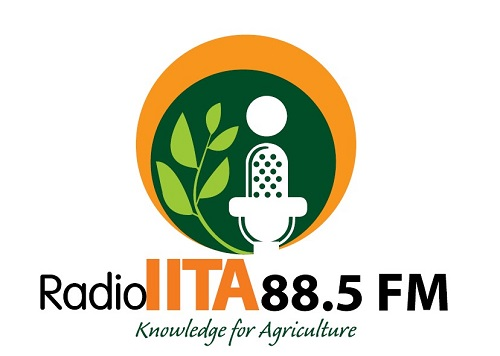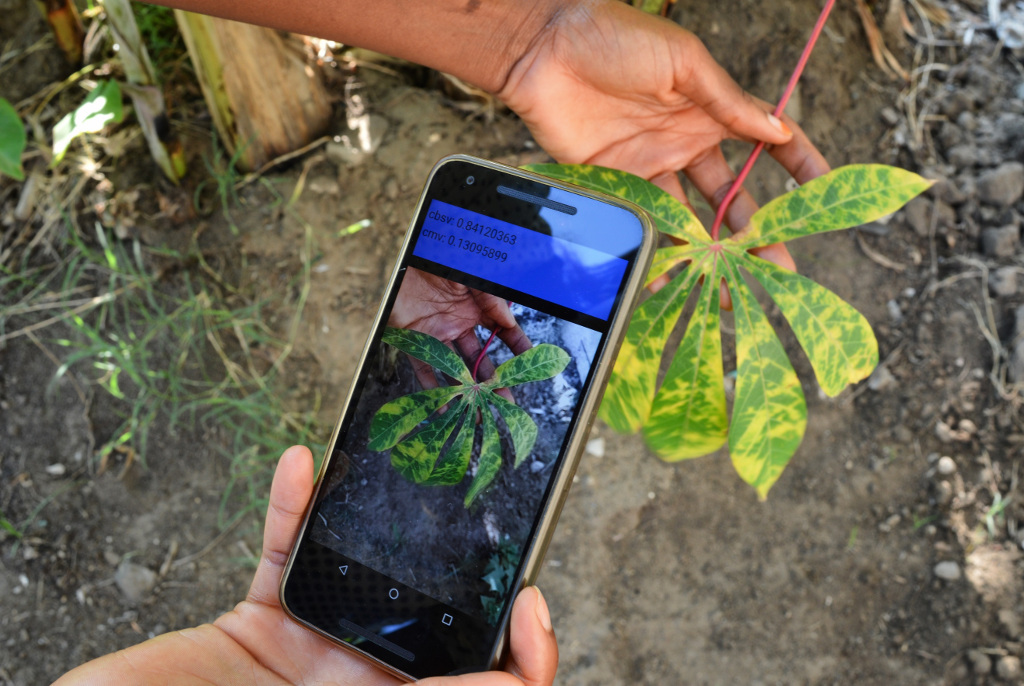This May, as the world observed the International Plant Health Day, the spotlight turned to the urgent need to protect plants, the foundation of our food systems, from ever-evolving threats. At the International Institute of Tropical Agriculture (IITA), this isn’t a once-a-year concern. It’s a daily mission.
At the center of IITA’s work is the Virology Diagnostics and Germplasm Health Unit, led by Dr. Lava Kumar, whose task is to detect, track, and stop the spread of pests and diseases before they devastate crops across Africa.
Backed by one of the largest plant health programs in the CGIAR system, IITA brings together expertise from virology, entomology, nematology, and pathology to build a strong defense system for African agriculture.
One area of growing concern is the spread of emerging pests and diseases—newly introduced pathogens or new strains of known diseases spreading to unfamiliar areas. Among these is the Banana Bunchy Top Virus, which has expanded its reach into new countries over the past 15 years.
“We focus on early detection and surveillance,” Dr. Kumar explains in an interview conducted by Radio IITA Lead, Dajie Odok. “Our goal is to work with national programs and partners to contain these diseases before they cross more borders.”
Climate change is accelerating these challenges. Warmer temperatures, shifting rainfall, and changes in humidity are altering pest behavior and disease patterns.
Dr. Kumar’s team is building detailed datasets on temperature, humidity, and seed movement to predict how current control measures might hold up under future climate scenarios. “We’re studying whether climate change will make our current management strategies more or less effective,” he says.
“Timing is everything,” Dr. Kumar emphasizes. The earlier a disease is spotted, the greater the chances of containing it or even eradicating it entirely. That’s why IITA supports frontline farmers with advisory services, helping them respond quickly to any threat.
If detection comes too late, the consequences can be severe. But with quick action, communities can stop an outbreak before it spreads beyond control.
For IITA and its partners, protecting plant health isn’t just a scientific endeavor; it’s a commitment to food security, farmer resilience, and sustainable agriculture across the continent.
Contributed by Anuoluwapo Oyeleye



